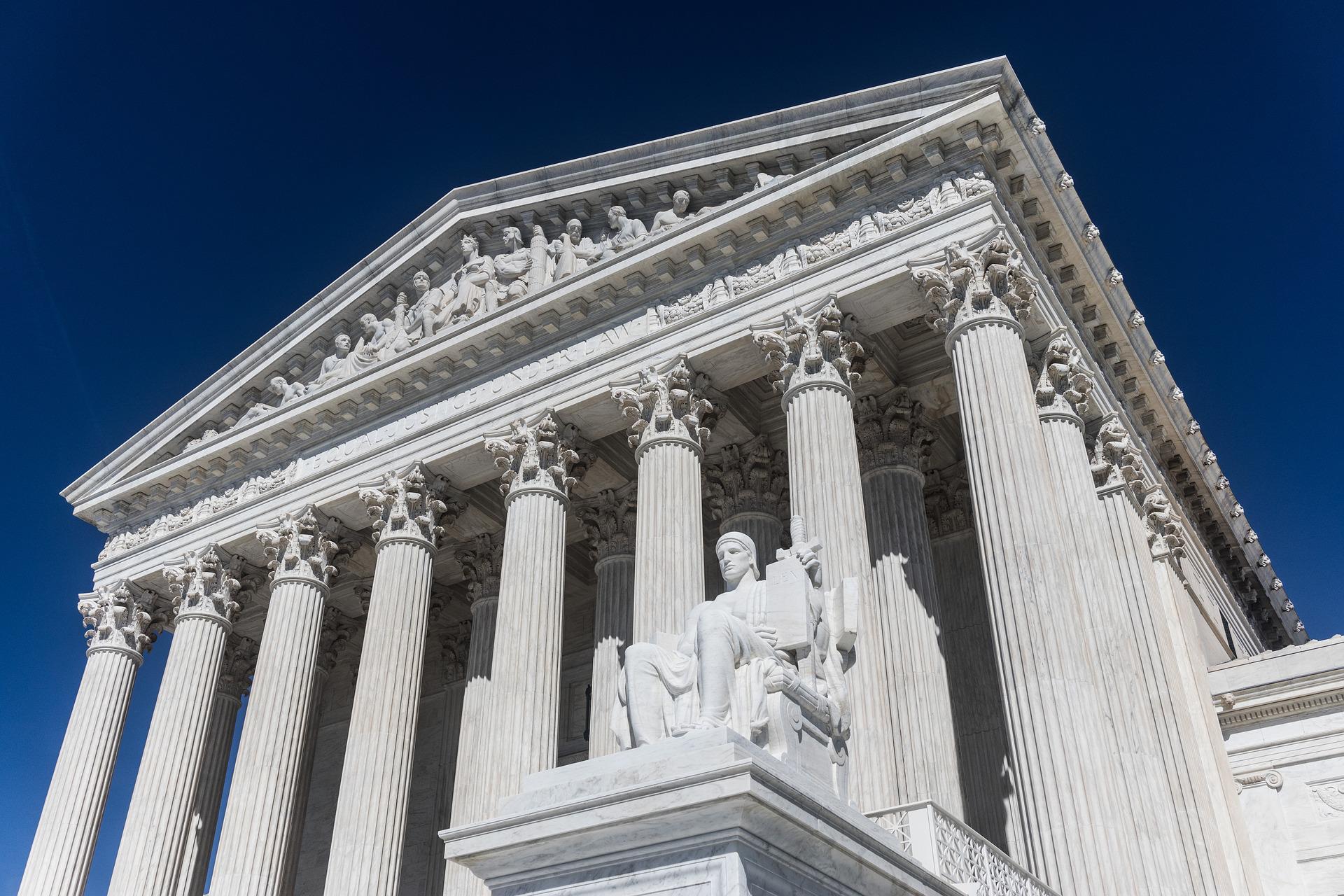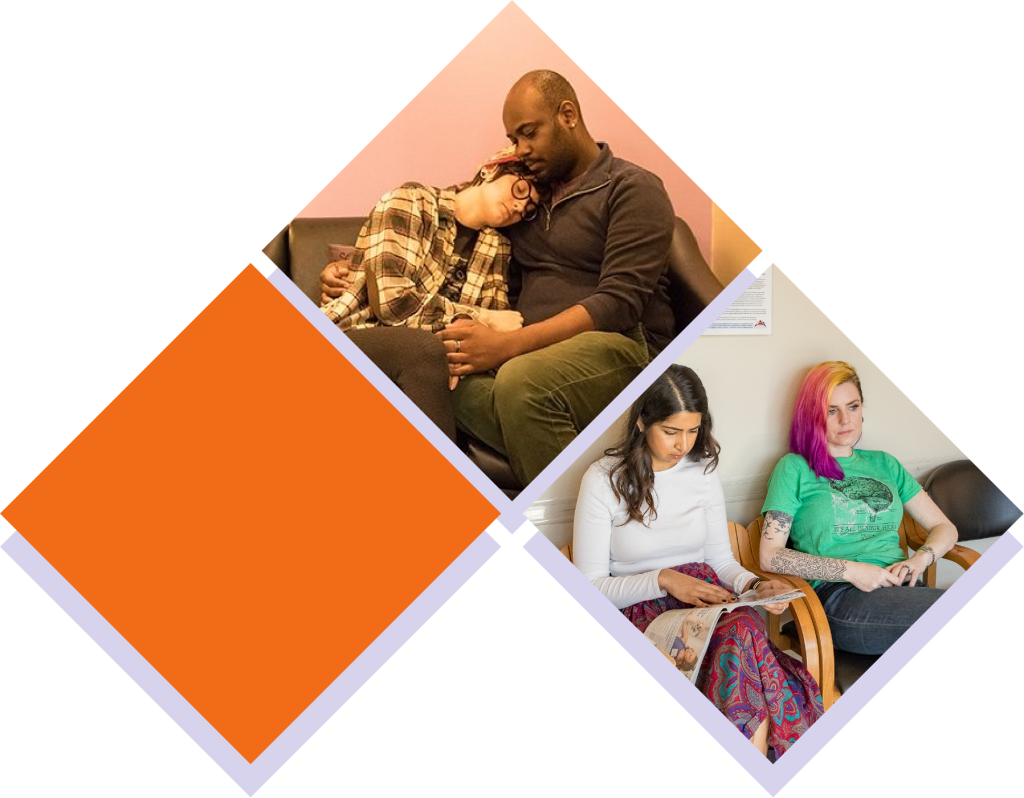FOR IMMEDIATE RELEASE
July 25, 2022
CONTACT: MK Anderson, [email protected]
ATLANTA — Today the 11th Circuit Court of Appeals upheld Georgia’s “6-week abortion ban,” H.B. 481, which bans abortion once fetal cardiac activity is detected, typically about 6 weeks after last menstrual period. The court also allows the law’s “personhood” provision to take effect. This ruling takes effect immediately, and Feminist Women’s Health Center (FWHC) will continue to provide early abortion care up to the point that fetal cardiac activity is detected.
Georgia’s 6-week ban was previously blocked due to constitutionality claims, but the 11th Circuit reversed its decision in consideration of the Supreme Court overturning Roe v. Wade. The Circuit court also vacated the lower court’s order blocking the “personhood” provision of the ban that defines embryos and fetuses at any stage of development as “persons” throughout Georgia law.
This 6-week ban is harmful to all Georgian, especially communities of color. At six weeks, many people are not aware that they are pregnant, which means many Georgians will be forced to carry pregnancies to term or travel out of state to receive abortion care. This ban will make abortion care difficult to access and prohibitively expensive due to additional traveling costs, and Black and brown communities will bear this consequence most heavily. Due to legacies of institutional racism, Black and brown people are less likely to have access to health care, much less abortion care, and are more likely to be low-income.
All abortion bans restrict access to care, but HB 481’s additional “personhood” provisions are extremely concerning and creates confusion that could present additional barriers to reproductive health care. It is unclear whether HB 481’s unscientific definition of “persons” could be used to criminalize practices outside of abortion care, such as in vitro fertilization, miscarriage management, and some forms of contraception. It is also unclear whether H.B. 481 could also impact other areas of law, like child custody and support, wrongful death suits, and even insurance claims.
“This abortion ban is a blow to every Georgian’s right to determine what is best for their families. Still, we refuse to back down. We know Georgians want abortion access, not abortion bans. Just this year, abortion access advocates across the state successfully organized to defeat state legislature bill SB 456, which attempted to prohibit medication abortion via telehealth. FWHC will continue supporting Georgians by providing abortion care up to the legal limit and by advocating for local abortion access protections. We are still here, and we have no intention of closing our doors any time soon,” says FWHC Executive Director Kwajelyn Jackson.
FWHC intends to continue providing early abortion care up until the point that fetal cardiac activity is detected and plans to refer out patients who have pregnancies beyond HB 481’s limits. FWHC will also continue to provide other essential reproductive health care services while working to expand abortion access at the state and local level.
###
Feminist Women’s Health Center (FWHC) is a reproductive health, rights, and justice organization. We provide direct services, education, advocacy, leadership development, and movement building with people across all axes of oppression so that we have the rights, resources, and respect to make empowered, informed decisions about our own bodies and health.



